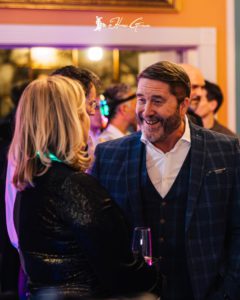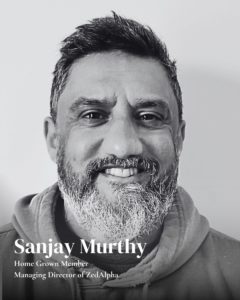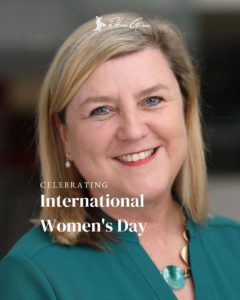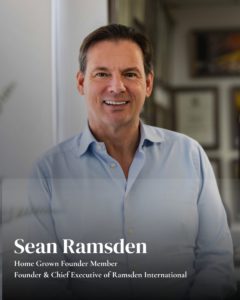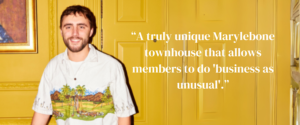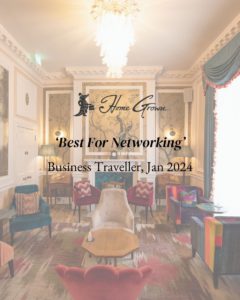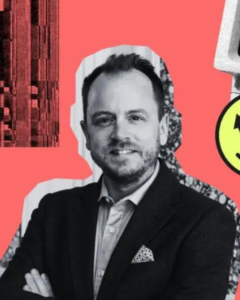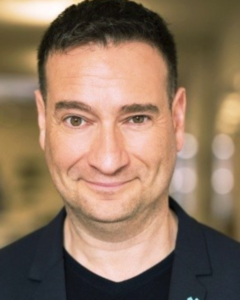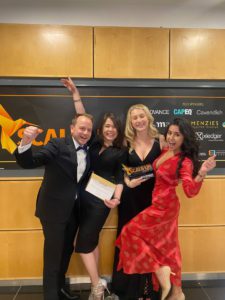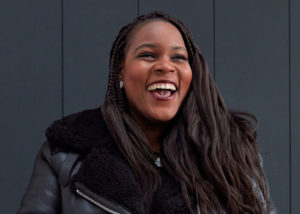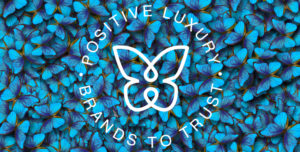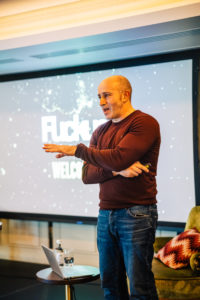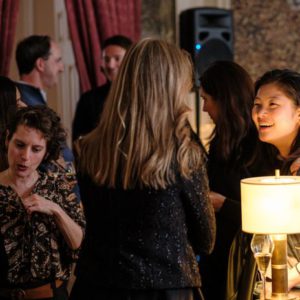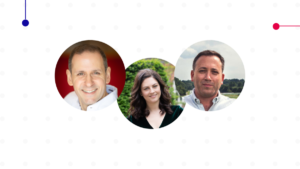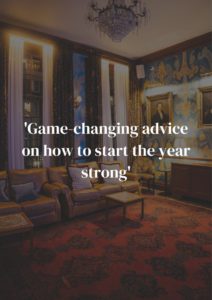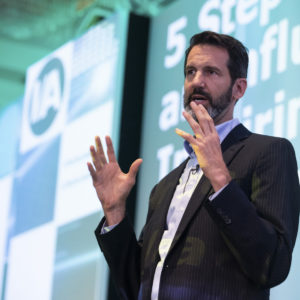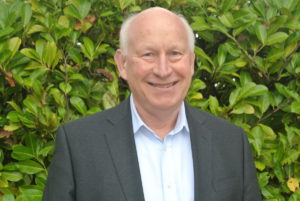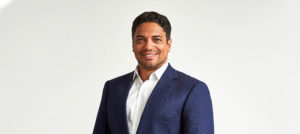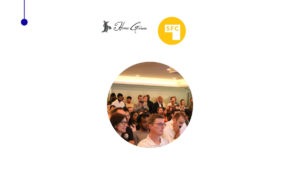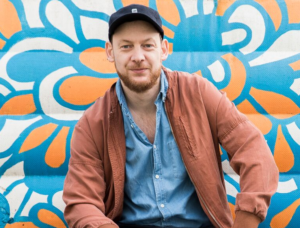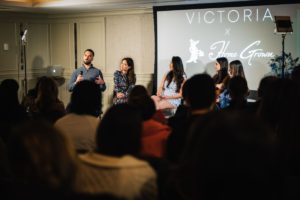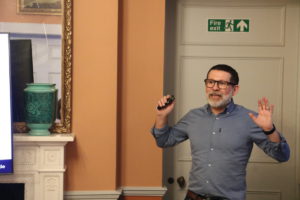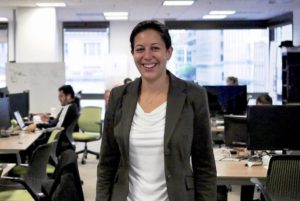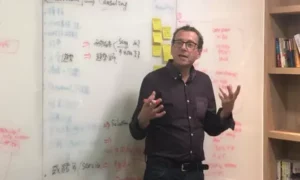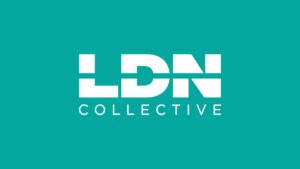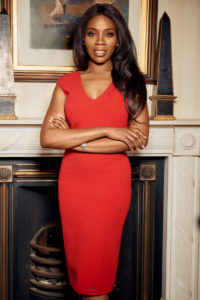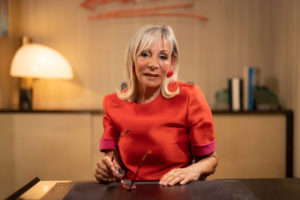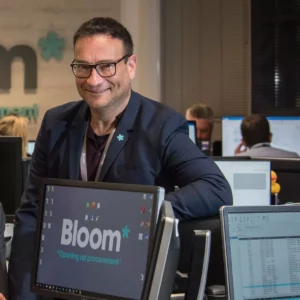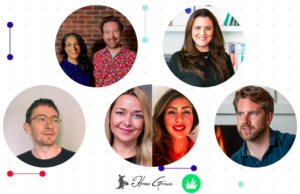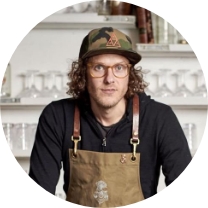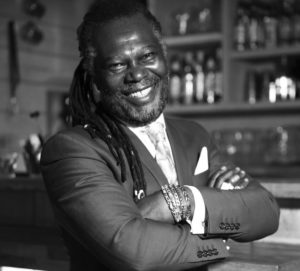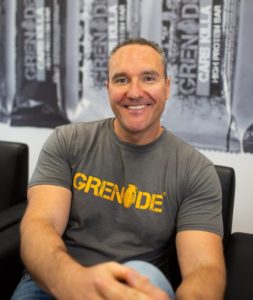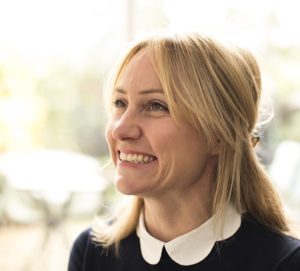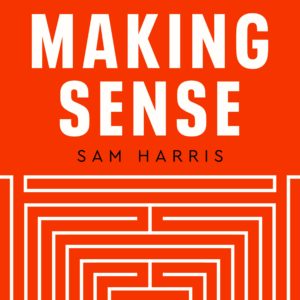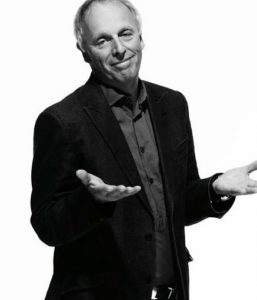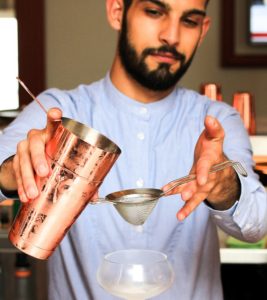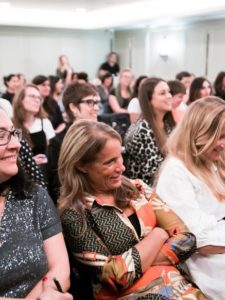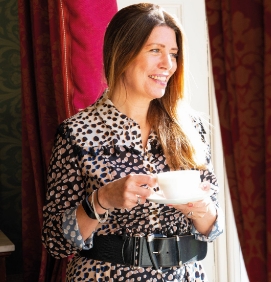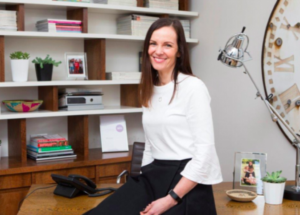The Storytelling Workbook

On Monday, 13th June 2022, Anthony Tasgal, our Home Grown Ambassador launched his book in Home Grown.
The art of storytelling, helps businesses and people build on their current communication and ideation strategies.
Following is a little snippet of the first few minutes of Tas’s discussion.
In terms of today. I mean, if you’re talking to a younger audience, how would you persuade them that storytelling is actually an effective and useful tool?
Tas: I think it’s one of those strange things. But often you see people who are training people about things, things that people don’t know about. But what I’m talking about to people is something that everyone knows, because we grow up reading stories as children. We hear stories, we understand the world through stories. As parents, we instruct our children, educate them, help them understand the world through stories. So for me, all I’m saying is they’ve always been there. So I see myself as trying to restore the lost art of storytelling, to say we all know how stories work. I hope we’re all watching Stranger Things, or Severance. I’m going to say Severance, and please ask me later about Severance, if you haven’t watched it. The fact that we read great books, or that we are still immersed in storytelling, is for some reason considered to be a drift from how marketing and communications work. Now for young people in particular, we’ll talk about social media. I’m sure everyone says, well, it’s different. It’s a digital world. But the principles of communication are the same.
You have to attract people, you have to play on their emotions. You have to inspire different feelings, and you have to create ways in which people remember what you’re saying. And for me, all of those things come under the heading of storytelling, and therefore, they fit pretty much any channel or medium you want.
Yeah. I mean, you wrote this book, The Storytelling Book, which was published some seven years ago. And this book still continues to sell incredibly well year after year. Perhaps you could just tell us why you decided to write your new book, The Storytelling Workbook, and what do you hope to, I guess, provide people with?
Tas: I think a number of reasons. One is, I think my work is still not done. Does that sound ironic? There’s that and also I just love, as you know, Martin, I love the process of writing, frankly. So again, apologies to my family and keep writing. But the second thing is and it goes back to, I suppose, your previous question, things have changed. So one of the things I wanted to do because the first book was really about sort of three elements. One was where we’re going wrong, which is this obsession with numbers, like all our democracy, the obsession with numbers and measurement and KPIs, anyone who works in marketing or business, you know what I mean? KPIs and metrics, everyone’s become obsessed with them. So I wanted to just take a look back and say, Why has that happened? And can we stop doing that, please? Then the second part was why storytelling works, and then the rest of it was sort of tips and tricks. So I thought I’d done a certain amount on that, and then I got more comments from people. I’ve done more training over those sorts of years, but also I thought it was nice to put some exercises.
Actually the book is interactive so in the sense that there are exercises after each week and you can do these things. But the second thing is, we thought it was a good idea to specifically look at different areas in which we can apply it. So not just you’ve got a presentation to write but also if you’re doing a CV. So again looking at different target audiences, working, marketing, advertising, we’re talking about target audiences. So looking at people who are looking at getting jobs, we’re changing jobs. How do you apply that to CVS? Because there’s a section in the new book where I anonymise them to spare their embarrassment. But there are things that people write on LinkedIn which are just painfully dull. Sorry, clearly no one here obviously, but they’re very generic and they’re very dull. Part of what I’m saying is, okay, that’s another area where you can apply stories. How do you tell your story in your CV and your LinkedIn profile and also, yeah, kids in your dating app. So if I say Tinder, that is generic but there’s a specific thing after each exercise. How would you apply this if you’re trying to sell yourself, if you’re trying to meet someone, if you’re trying to tell your own story. So that was another way in which I thought we could sort of just bring it not exactly up to date, but just put a new spin on it.
[Continued available on the video]
Watch it below:

If you’re interested in enriching your entrepreneurial experience and finding a strong community of entrepreneurs, investors and business leaders then contact our membership team at Home Grown.
Related articles




A one-stop-shop for entrepreneurs and investors. What really sets Home Grown apart is their members’ events which provide access to valuable insights and support scaling founders on their growth journey.Richard Farleigh, Entrepreneur and Former BBC Dragon's Den
It’s always a delight to meet, network and entertain amidst the generally relaxed vibes that radiates throughout Home GrownGladstone Small
Home Grown is immersed with an overflowing energy, unrivalled facilities yet the club has a certain uniqueness.Luke Reed
What a special delight and home from home! I stay here whenever I come to London and their Scale-up events are on the money.John Courtney
We are all crying out for opportunities to bump into other people, to spark ideas off them that make us happier, more fulfilled and more imaginative: Home Grown is a forum for just this creative serendipity.Tas Tasgal
Home Grown is more to me than just my office in London. It’s a community. It’s a place to network with other business people. But most of all it’s got that super friendly and positive vibe that you just can’t wait to get there each time.Neil Thompson









